AI's impact on social media: Top trends and predictions from 1,100+ social media marketing experts
In 2025, every marketing team needs a strong social media strategy to meet their customers where they're at.
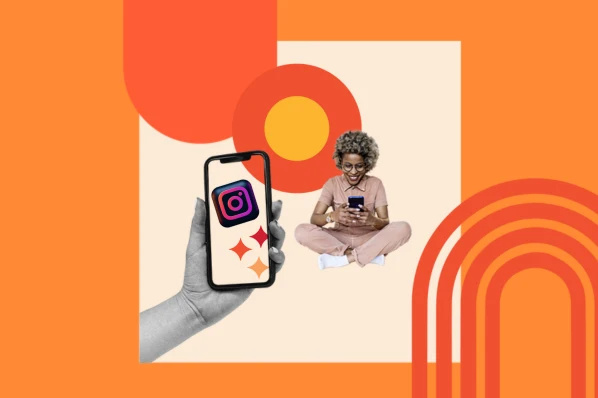
In 2025, every marketing team needs a strong social media strategy to meet their customers where they're at.
And every marketer should be considering AI to supercharge that strategy.
If you're concerned that AI will ruin your social platforms and turn your content into a sea of sameness, think again: Our recent 2025 Social Media Trends report found that 72% of marketers say their social content created with AI performs better than content created without AI.
So now that we‘ve cleared that up, let’s explore the major benefits of AI for your social presence, plus how to incorporate AI into every aspect of your strategy, according to data from 1,100+ global social media marketers. Plus, keep reading for tips from HubSpot's Social team.
Jump to:
- Benefits of AI in Your Social Strategy
- AI Tools for Your Social Media Strategy
- How to Implement an AI Social Media Strategy
What’s the role of AI in social marketing strategy?
Maybe a better question is — what isn't a good role for AI in your social strategy?
AI can help every aspect of your strategy — and every member of your social team — save time, create more content, repurpose existing content, and track which posts and videos resonate most with your audience.
And it‘s excellent at coming up with short, pithy captions when you’re stumped.
Here are a few other benefits:
Benefits of AI in Social Media Strategy
1. AI to Conduct Customer Research
AI has made it easier than ever for marketers to turn social media conversations into actionable insights.
For instance, if you’re hoping to better understand your audience, analyzing tweets is a strong place to start.
Tools like TweetDownload.net or PhantomBuster let you download tweets based on keywords, hashtags, or specific handles.
Once you’ve gathered the data, you can upload it to a generative AI tool and ask it to identify common themes, sentiment trends, or recurring customer pain points.
AI analysis can help you spot patterns faster — like what topics resonate best with your audience or how your brand is stacking against competitors'.
For more advanced use cases, social listening tools like Brandwatch or Talkwalker layer in AI to automate everything from trend detection to persona development.
The end goal? Less guesswork, more clarity — and a deeper understanding of what your customers actually want on social.
2. AI to Create Social Media Content
In our Social Media Trends survey, we asked 1,100+ social media marketers what social media content they use generative AI to make.
The top three responses included:
- Short-form videos (55%)
- Images (53%)
- Text posts (45%)

We'll discuss specific tools you can use below, but you can leverage AI for any part of the creation process — from brainstorming post ideas, writing platform-specific copy, creating short-form video scripts, or helping generate visuals via AI image creation tools like Midjourney or AI video creation tools like HeyGen.
As HubSpot's Social Media Senior Manager, Emily Kearns, told me, "AI has become an invaluable tool for content creation in the social space. It allows us to be more efficient and think through angles we might have otherwise missed. We use it at all stages of our process, from briefing to brainstorming and from execution to reviewing."
Kearns adds, "AI allows us not only to create content more quickly and at a higher volume, but it also enables us to understand before we post how our copy might resonate with different audiences."
There are also AI tools baked into most social platforms — like LinkedIn's caption generating tool, which allows you to click “Rewrite with AI” to turn bland copy into more engaging content.
3. AI to Enhance Personalization
You know that feeling when a brand gets you… Like, really gets you?
AI makes that possible through targeted content that‘s tailored with a level of personalization you’d think was fortune-telling if the data didn't paint a starker, more rational picture.
What do I mean?
Brands can engage more quickly with AI than ever before. In the early 2000s, a lot of brands spent millions of dollars to create social media listening rooms where they would hire social media managers to find and engage with any conversation happening online.
Thanks to AI, brands now have the ability to do this at scale with much fewer people all while still delivering quality engagement with the recipient.
4. AI for Analytics and Insights
Leveraging AI for analytics allows you to make sure your insights are accurate and actionable — and saves you hours of manual data entry, VLOOKUPs, or sifting through qualitative data like comments and reviews.
As Erin McCool, HubSpot's Marketing Manager for Brand and Social Reporting, puts it: "AI has become a huge time-saver for the tedious parts of analysis. If I’m stuck on something like a Sheets formula, I can explain what I need in plain terms and find a solution fast… which gives me more time to focus on the actual insights."
For instance, let's say you want to better understand which branded content performs the best on LinkedIn.
To start, go to your LinkedIn Settings, select “Data Privacy”, then go to “Get a copy of your data” and check off “Articles”. From there, download the CSV.
Now you can upload the CSV to an AI chatbot of your choice and prompt it with a request like: “Analyze this file to show me which topics, post formats, and keywords get the most engagement (likes, comments, reshares). Also, give me recommendations on how to improve based on these trends.”
Without AI, these types of insights would typically take hours to understand.
Of course, there's a caveat here — AI should be your starting point with data analysis, not your finish line. As McCool told me, "AI can spot trends quickly, but I always think of it as a first step, not the last step. It’s so important to get into the habit of validating any data points or trends AI surfaces, especially before relying on it for reporting or decision-making."
5. AI for Improved Customer Experience
Want 24/7 support for your customers?
It's now possible without human touch.
AI-powered chatbots are transforming how brands engage on Facebook and other Meta platforms, delivering instant, around-the-clock support through direct messaging.
By training these bots on your historical customer data and common queries, you can offer smarter, faster responses — anytime your customers need help. Think of it as a customer service team that never clocks out.
6. AI for Advertising on Social
The majority of ad networks have used some variation of AI to manage their bidding system for years.
Now, thanks to AI and its ability to be incorporated in more tools, brands are now able to use AI to create better and more interesting ad campaigns than ever before.
Brands can:
- Use AI to create images using tools like Midjourney and DALL-E
- Leverage AI to create better copy for their social media ads
- Use AI tools to support their bidding strategies
The power of AI and social media is continuing to evolve daily and it's not exclusively found in the organic side of the coin. Paid media on social media is being shaken up by AI just as much.
AI Tools For Your Social Media Strategy
When asked which generative AI tools social media marketers are using to create social content, the top three responses were:
- Visual AI Tools (e.g. DALL-E, MidJourney, etc.) — 53%
- AI Chatbots (e.g. ChatGPT, Claude, etc.) — 51%
- AI Assistants (e.g. Microsoft Co-Pilot, Google Duet) — 49%

Let's dive into some more specific tools you can use for your social strategy now.
1. HubSpot Social Post Generator

While it might look biased to put our own social tool at the top of this list, there‘s good reason for me to mention HubSpot’s new social post generator — something our own social team uses.
If you‘re a HubSpot customer, you’ll be happy to know that the social post generator is integrated directly into HubSpot's Marketing platform, and allows users to draft and publish content directly to LinkedIn, Facebook, Instagram, and Twitter, while leveraging your CRM data. The integration allows you to better personalize your social posts for specific customer segments, allows for more accurate ROI tracking on those social posts, and increases opportunities for you to use social as a lead-generating platform.
Use Cases:
- Creates social posts directly from blog content with one click
- Generates posts based on custom prompts or by summarizing blog content
- Customizes messaging for different social platforms
- Suggests optimal posting times based on audience engagement patterns
Cost: Available in beta as part of Breeze; comes with your Marketing Hub account ($20/seat for starter; $890 for a Pro account with three seats)
What I like: What makes this tool so valuable is how seamlessly it integrates with your existing HubSpot workflow. If you're already creating content in HubSpot, you can promote it across social channels with just a few clicks—no switching between platforms or copying and pasting required. The ability to generate customized versions for each platform saves tons of time while ensuring your content performs well wherever it's posted.
2. Lately AI

Lately AI is a content automation platform that uses AI to analyze your best-performing content, and then repurposes that content (including blog posts, videos, podcasts, and more) into social media posts that matches your brand voice.
Use cases:
- Automatically generates social posts from long-form content
- Analyzes your best-performing content to create similar posts
- Personalizes content for different audience segments
Cost: Starting at $49/month for individuals; $199/month for pro version
What I like: Your marketing team is already creating tons of exceptional content in different formats — why not use it to spruce up your social strategy? Using Lately AI saves you hours of time manually creating social posts based on your latest blog post or podcast episode. Plus, the tool learns what performs best over time, so engagement will likely increase the more you use Lately AI.
3. Hootsuite OwlyWriter AI

OwlyWriter AI is Hootsuite‘s integrated content generation tool that helps social media managers create platform-specific content. The tool understands the unique requirements of each social network and generates optimized copy that matches both your goals and the platform’s best practices.
Use cases:
- Creates platform-specific post variations from a single prompt
- Optimizes content for different social networks
- Suggests hashtags and best posting times
Cost: Available on Hootsuite Professional plans ($99/month) and above
What I like: The integration with Hootsuite's scheduling platform makes this a one-stop shop. I love how OwlyWriter understands the nuances between platforms — what works on LinkedIn can flop on Twitter, and this tool gets that!
4. Sprout Social's AI Assistant

Sprout Social‘s AI Assistant is built directly into their comprehensive social media management platform, offering intelligent insights and content creation capabilities. The tool analyzes your historical performance data to provide strategic recommendations and generate content that aligns with what’s already working for your brand.
Use cases:
- Provides data-driven content recommendations
- Summarizes social performance metrics
- Suggests response templates for community management
Cost: Part of Sprout Social plans (starting at $249/month)
What I like: The AI doesn't just create content — it helps you understand why your content performs the way it does. The insights go beyond basic metrics to give you actionable strategies for improvement.
5. ChatGPT Pro

ChatGPT Pro excels at natural language tasks, including social media content creation. With its ability to understand context, match tone, and generate creative ideas, it serves as a helpful writing partner for social media professionals handling multiple accounts and content types.
Use cases:
- Brainstorms creative campaign ideas
- Drafts social copy in different brand voices
- Creates customized response templates for customer service
Cost: $20/month for individual users
What I like: I can use it for everything from writer's block to developing comprehensive campaign strategies. Plus, the Custom GPTs feature lets you create specialized assistants tailored to your social media voice, messaging, and goals.
6. Canva AI

Canva AI enhances the popular design platform with intelligent features specifically for social media content creation. From automatically generating design templates to creating custom visuals from text prompts, Canva AI streamlines the visual content production process while maintaining brand consistency.
Use cases:
- Generates social media templates and graphics
- Resizes content for different platforms automatically
- Creates animated posts and short-form video content
Cost: Free basic version; Pro plan at $12.99/month
What I like: Canva was already my go-to for social graphics, but their AI features have taken it to another level. The Magic Resize feature saves hours of work when adapting content across platforms, and the text-to-image generation helps visualize concepts instantly.
7. Brandwatch Consumer Intelligence AI

Brandwatch combines sophisticated AI with comprehensive social listening capabilities to help brands understand consumer sentiment and predict emerging trends. The platform analyzes millions of conversations across social platforms to identify opportunities for timely, relevant content that aligns with current audience interests.
Use cases:
- Identifies emerging trends in your industry
- Analyzes sentiment around your brand and competitors
- Predicts potential viral content opportunities
Cost: Custom enterprise pricing (typically $3,000+/month)
What I like: While definitely an investment, Brandwatch's predictive capabilities are incredible for staying ahead of trends. The AI can spot patterns in consumer behavior before they become mainstream, giving you a first-mover advantage with your content strategy.
Remember, the best AI tools complement your creativity rather than replace it. I've found that using these tools for the data-heavy or repetitive aspects of social media management frees up time to focus on authentic community building and strategic thinking — the human elements that truly drive social media success.
How to Implement AI into Your Social Media Strategy
Ready to get started on your AI-powered social media revolution?
Don't just click "Post" and hope for the best. Remember the importance of building a strategy first. So keep reading, roll up your sleeves, and follow this roadmap.
1. Identify your AI and social media goals.
If you're just dipping your toes into the AI sea, start by defining clear objectives.
Is it to boost engagement? Streamline your content creation? Or simply understand your audience better? It's important that you spend time understanding what you want to achieve.
For example, say you’re trying to increase your presence on LinkedIn. The specificity of this goal will help you understand the initiatives you want to achieve and determine which AI tools could help you make that happen.
Once you have identified your goals, it's time to get your team on board and assess what tools are available in the market.
2. Don't expect AI to fix all — and focus on strong prompts.
Assumptions are dangerous — especially when it comes to implementing new tech.
Don't assume AI is going to fix all your problems.
Instead, start with small experiments and track their progress carefully.
Additionally, strong prompting is key.
As Kearns told me, "The key to getting a great output from AI for social content creation is crafting your prompts strategically. It’s critical to set the context, define the audience, outline channels, and give as much detail about your creative strategy and tone of voice as possible."
3. Conduct persona and audience research.
Social media isn't something that you can just jump into.
You need to understand your audience and ideal customers. AI can help with this, but you’ll need to be familiar with best practices. Not sure where to start? I'd suggest reading our Market Research blog post.
Once you understand the basics, consider ways in which AI can augment your approach.
4. Select the right social channels.
Not every social media channel is the same.
It's important that you understand what channel is right for you and embrace it.
The way you use AI for X is going to be different from the way you use AI for Instagram. On X, you might use AI to help you develop a long-form thread filled with facts and figures. On Instagram however, you might use AI to repurpose a blog post into a light, fun carousel post.
The audiences are different.
The content formats are different.
So operate and create a plan accordingly.
5. Identify key metrics and KPIs.
What metrics are you trying to influence the most?
Spend time understanding the social media metrics that matter to your business and make sure they're prioritized as you think about the ways in which you use AI.
These are a few that matter most:
- Reach: Post reach signifies the count of unique users who viewed your post. How much of your content truly makes its way to users’ feeds?
- Clicks: This refers to the number of clicks on your content or account. Monitoring clicks per campaign is crucial for grasping what sparks curiosity or motivates people to make a purchase.
- Engagement: The total social interactions divided by the number of impressions. This metric reveals how effectively your audience perceives you and their readiness to engage.
Of course, it's going to depend greatly on your business.
But with this information, you can ensure that your AI social media strategy is rooted in goals.
6. Evaluate and refine your social media and AI strategy.
AI isn't a magic wand; it's a set of complex tools and technology.
You need to be willing to pivot as things come to fruition.
If you notice that a certain activity is falling flat, consider how AI can support that process.
Did you notice that your engagement isn’t where you want it to be? Consider using an AI tool to assist with crafting more engaging social media posts.
Make AI Work for You — Now and in the Future
AI has the power to revolutionize your social media strategy in ways you may have never thought possible. With its ability to conduct customer research, create personalized content, and so much more, thinking about the future of social media is fascinating.
We're going through one of the most interesting times in history.
Stay equipped to ride the wave of AI and ensure that you're embracing the best practices to get the most out of the technology.
Editor's note: This post was originally published in April 2024 and has been updated for comprehensiveness.
![]()












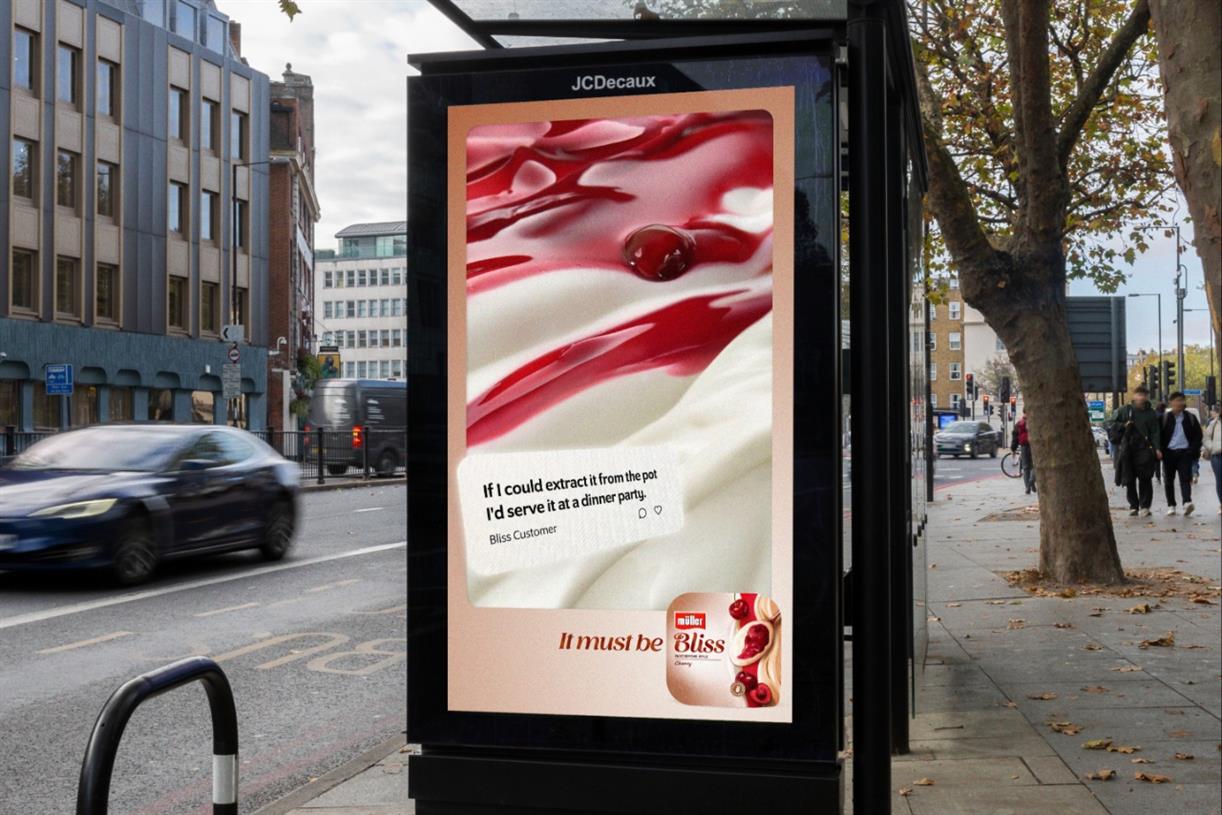











![Clicks Don’t Pay the Bills: Use This Audit Framework To Prove Content Revenue [Mozcon 2025 Speaker Series]](https://moz.com/images/blog/banners/Mozcon2025_SpeakerBlogHeader_1180x400_Hellen_London.png?auto=compress,format&fit=crop&dm=1747758249&s=9f3c5b1b7421f862beace1cb513053bb#)
![How To Create an Integrated Strategy That Increases Brand Mentions and Visibility [Mozcon 2025 Speaker Series]](https://moz.com/images/blog/banners/Mozcon2025_SpeakerBlogHeader_1180x400_JamesH_London.png?auto=compress,format&fit=crop&dm=1747780409&s=9bf9f0a2623b4a8be6eaf8f235115505#)

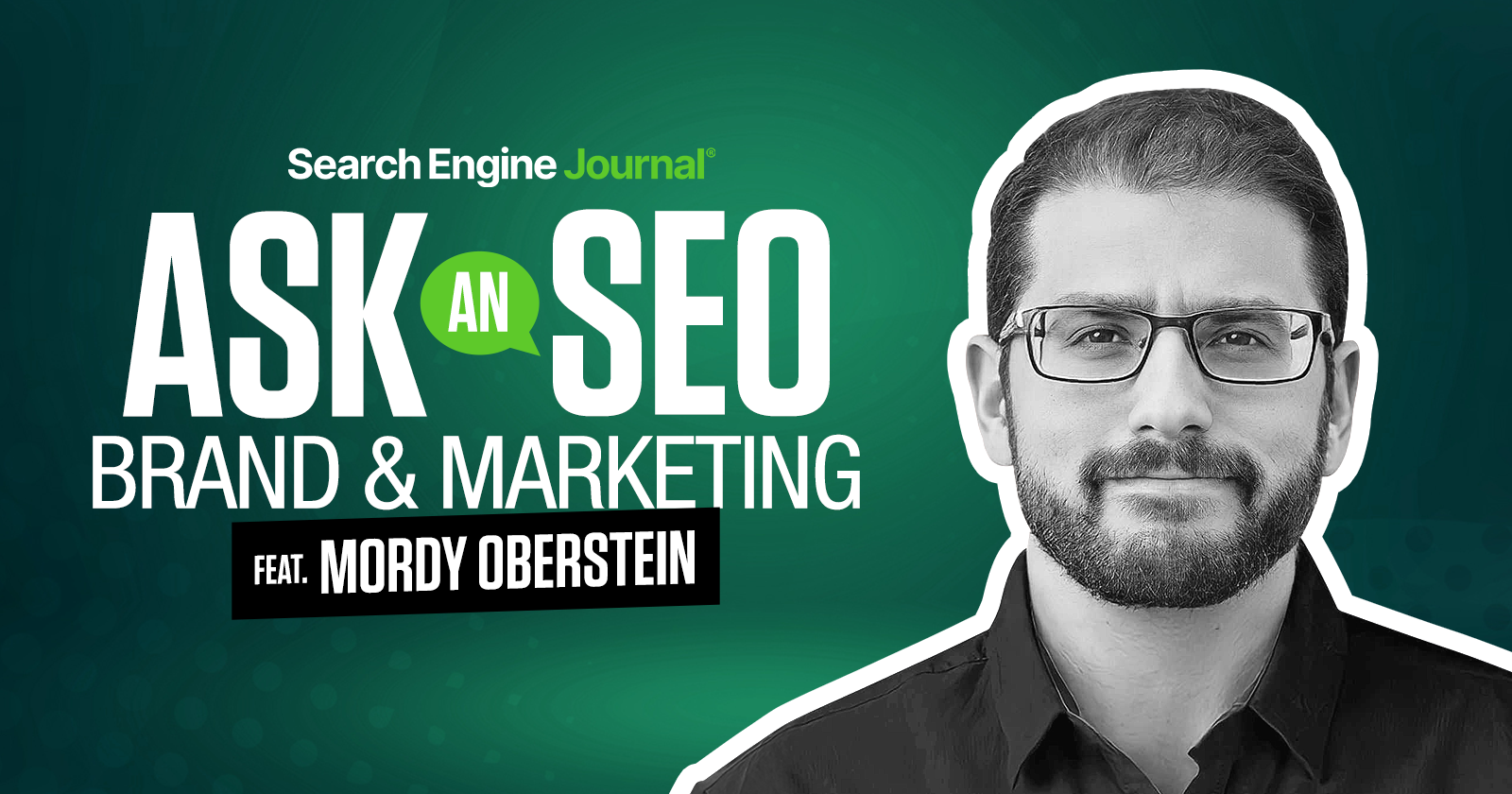
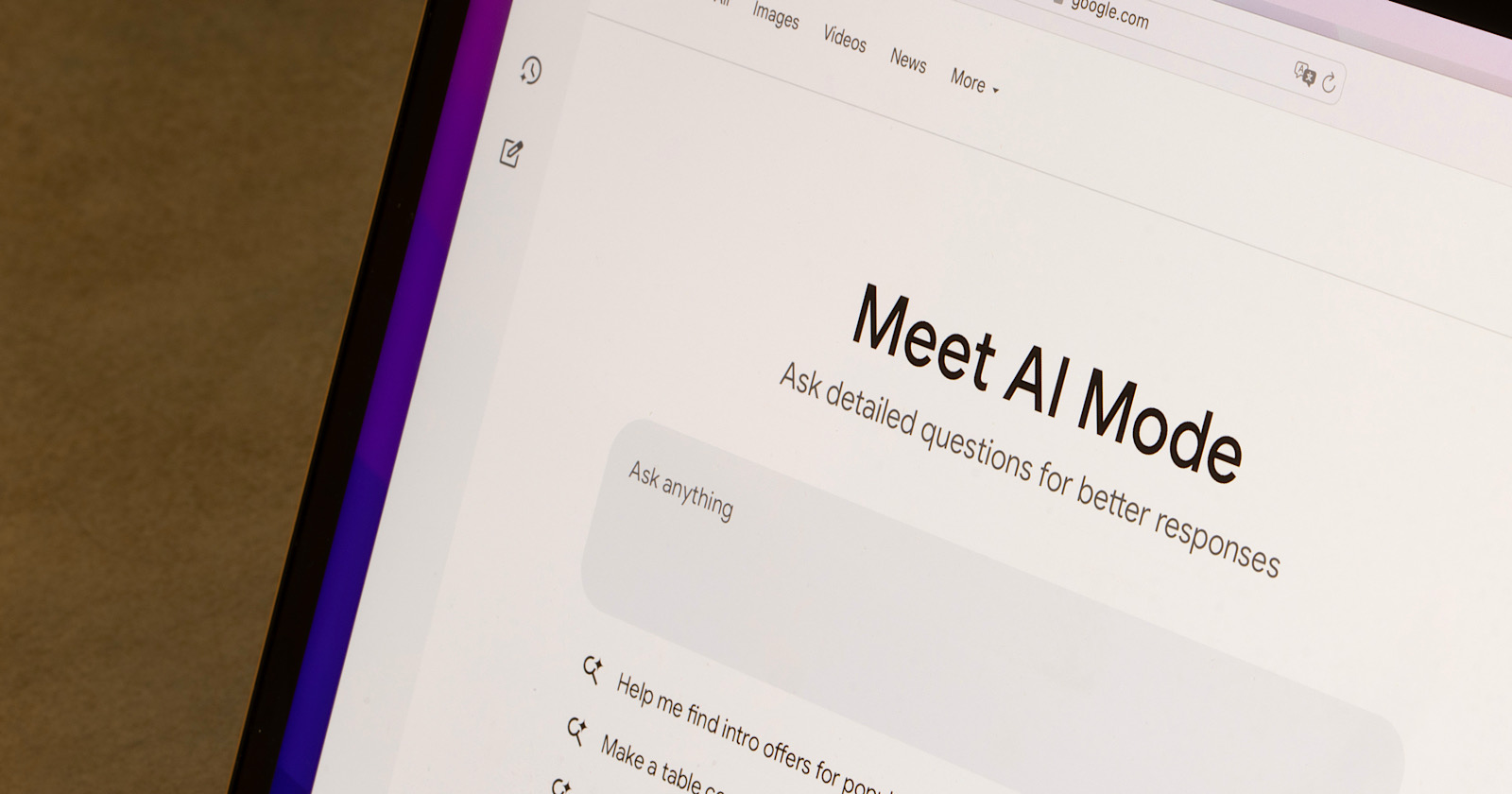



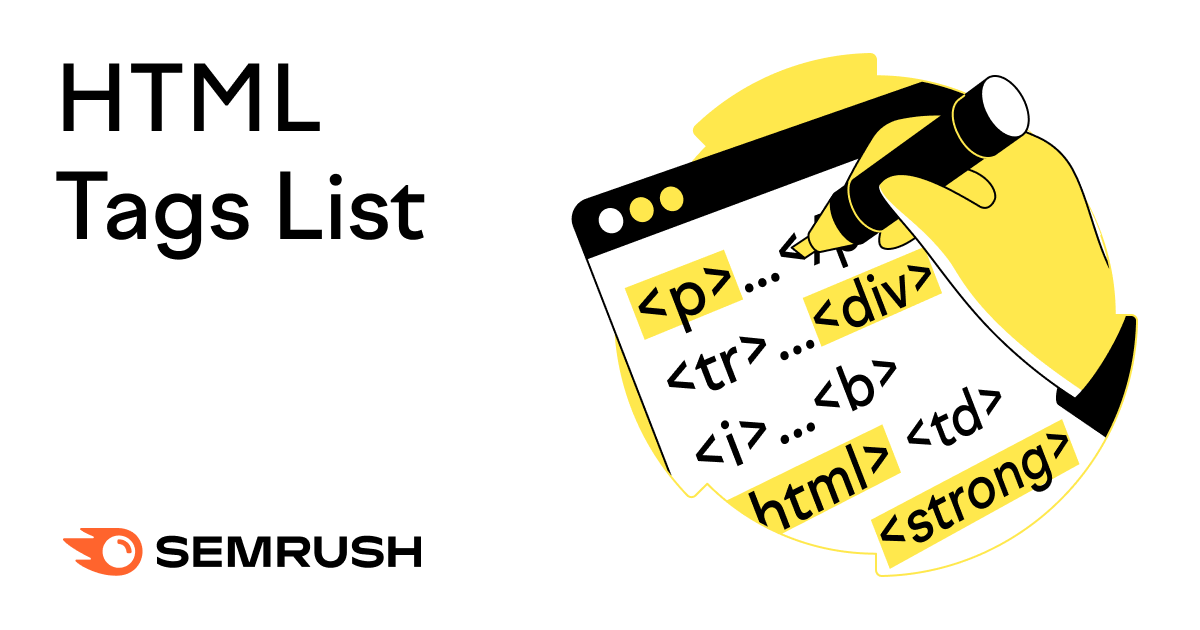
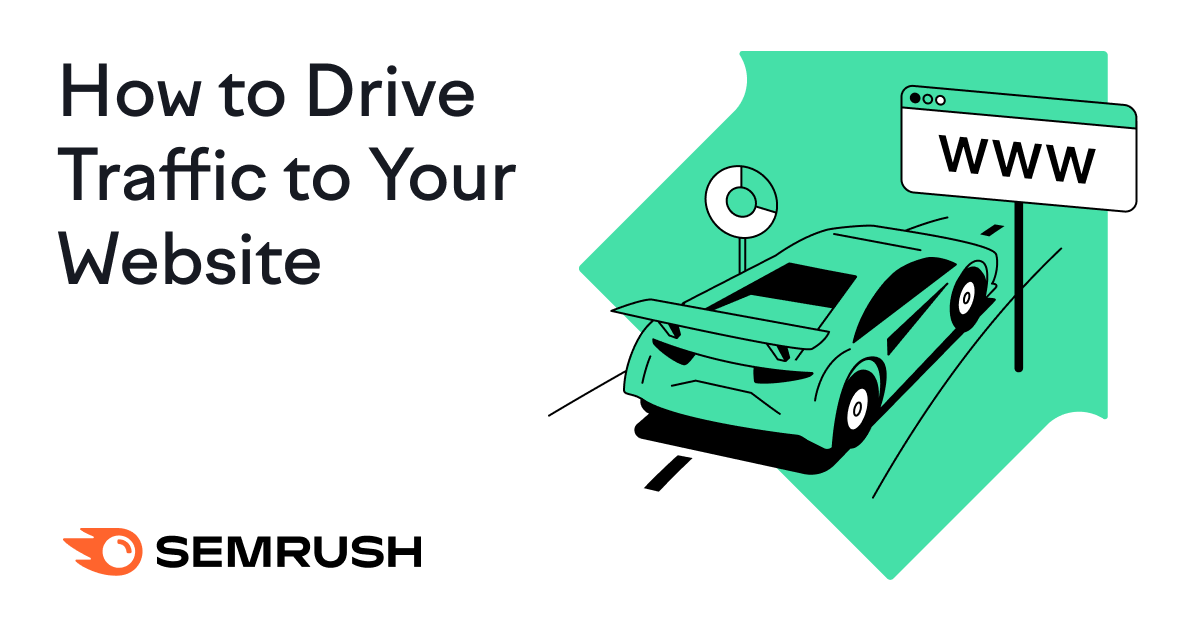

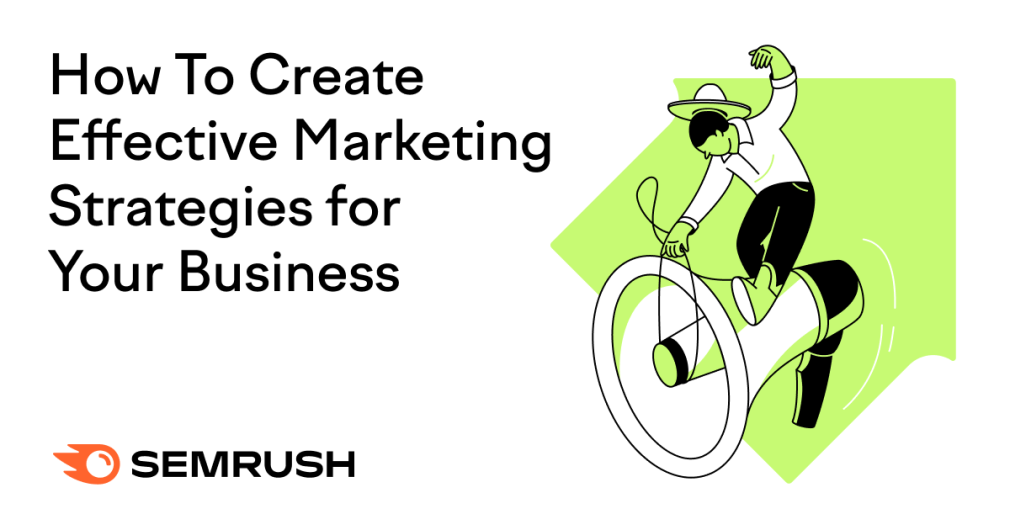















![The 11 Best Landing Page Builder Software Tools [2025]](https://www.growthmarketingpro.com/wp-content/uploads/2024/04/best-landing-page-software-hero-image-1024x618.png?#)






























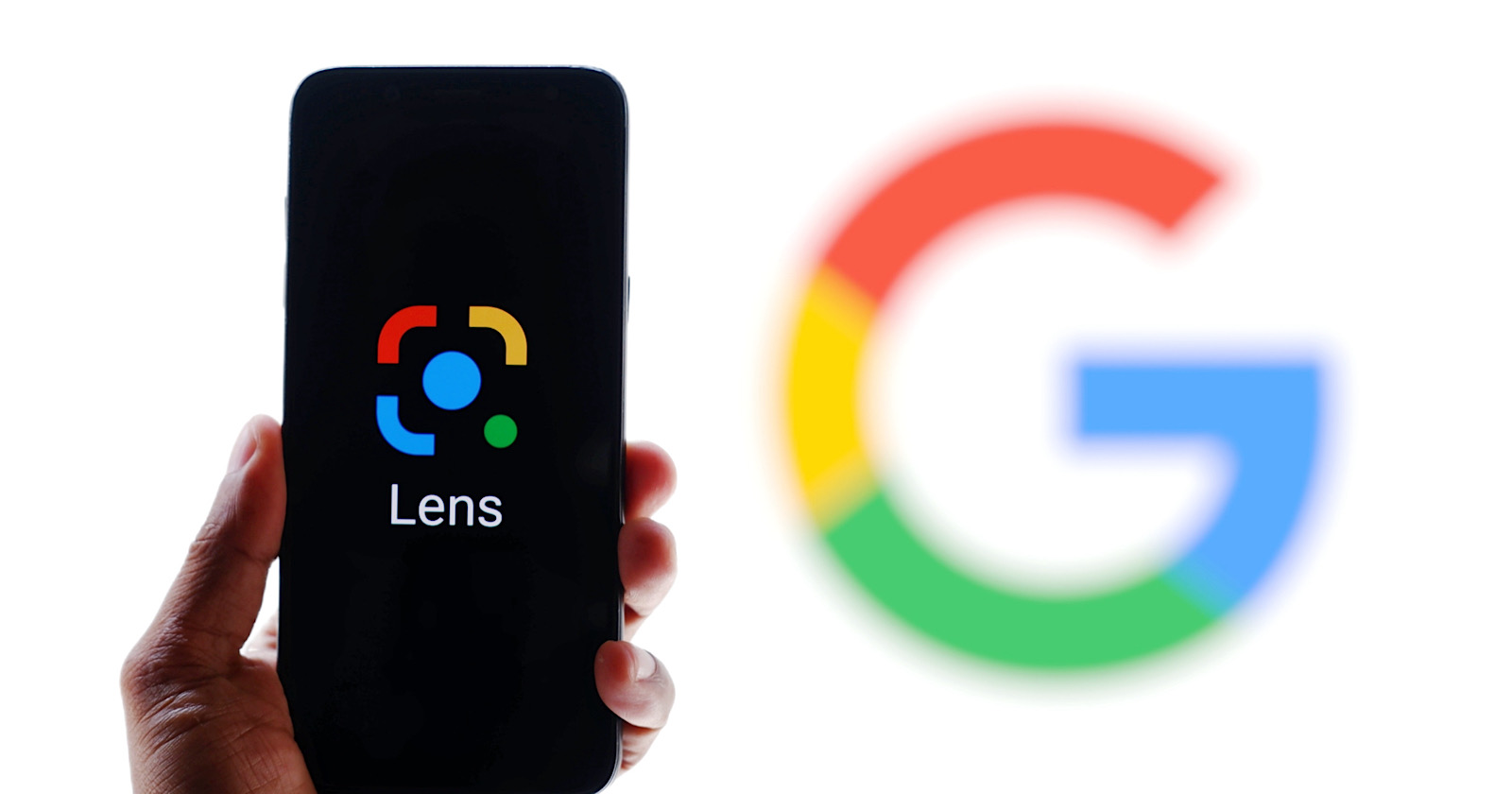


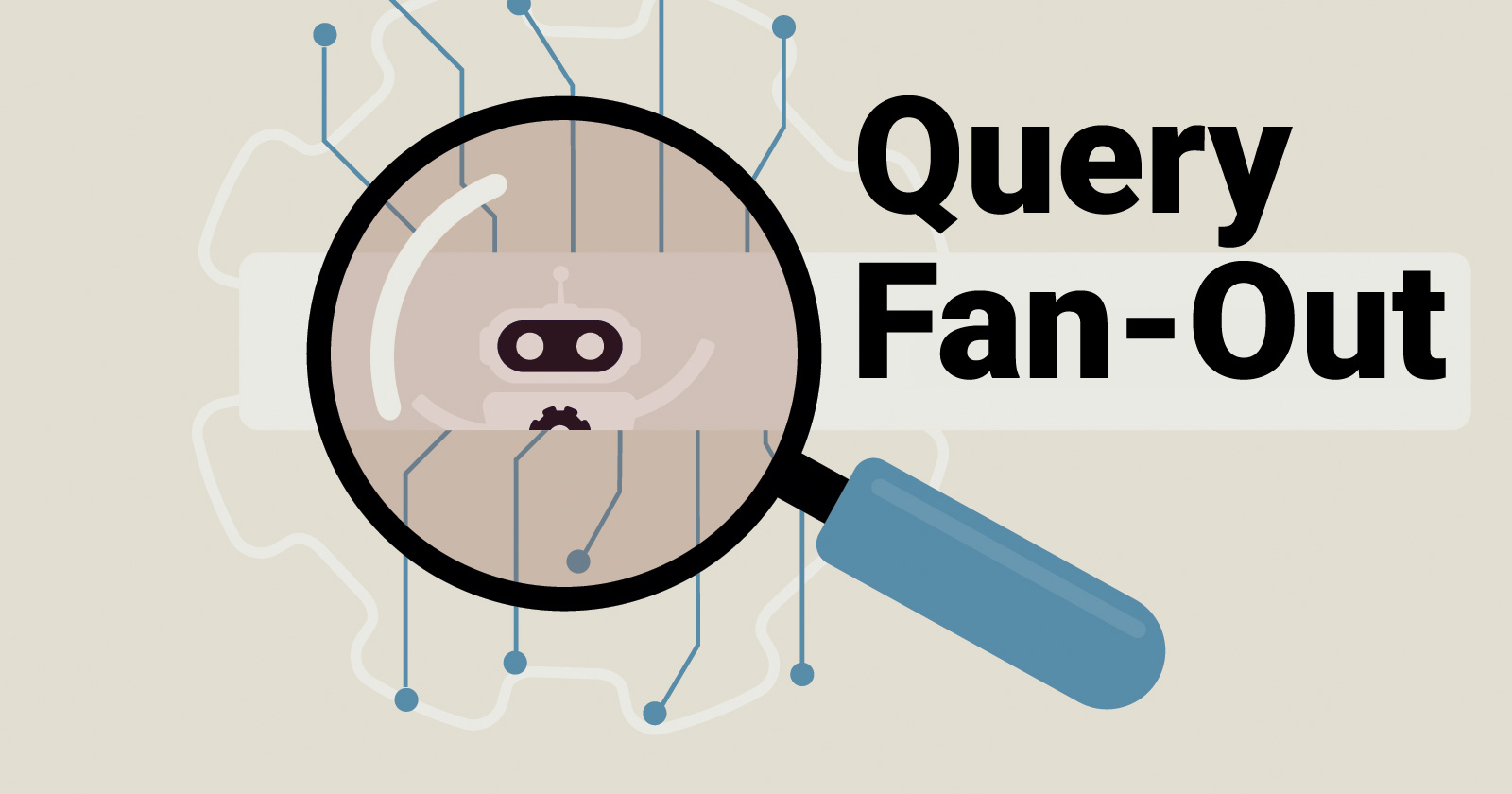




![Last Click Attribution is Dead: Here’s How to Fix it [MozCon 2025 Speaker Series]](https://moz.com/images/blog/banners/Mozcon2025-Speaker-Blog-Header-1180x400_Luke-Carthy-London.png?auto=compress,format&fit=crop&dm=1747731954&s=0a7dbe2a99e197778e464aff2b463e05#)




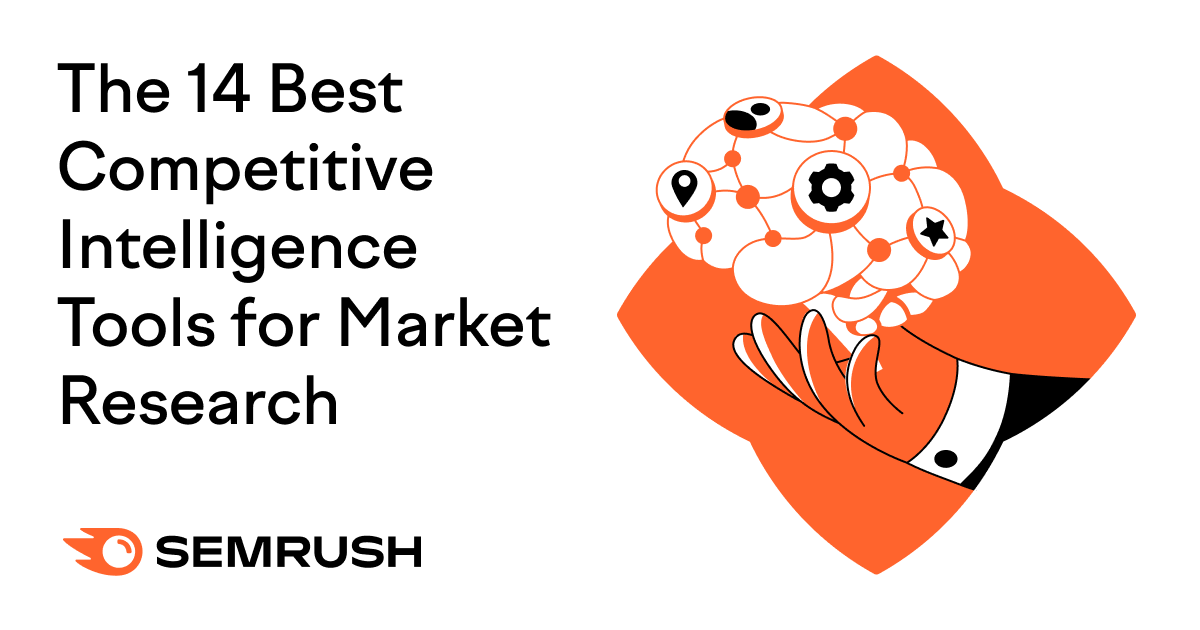
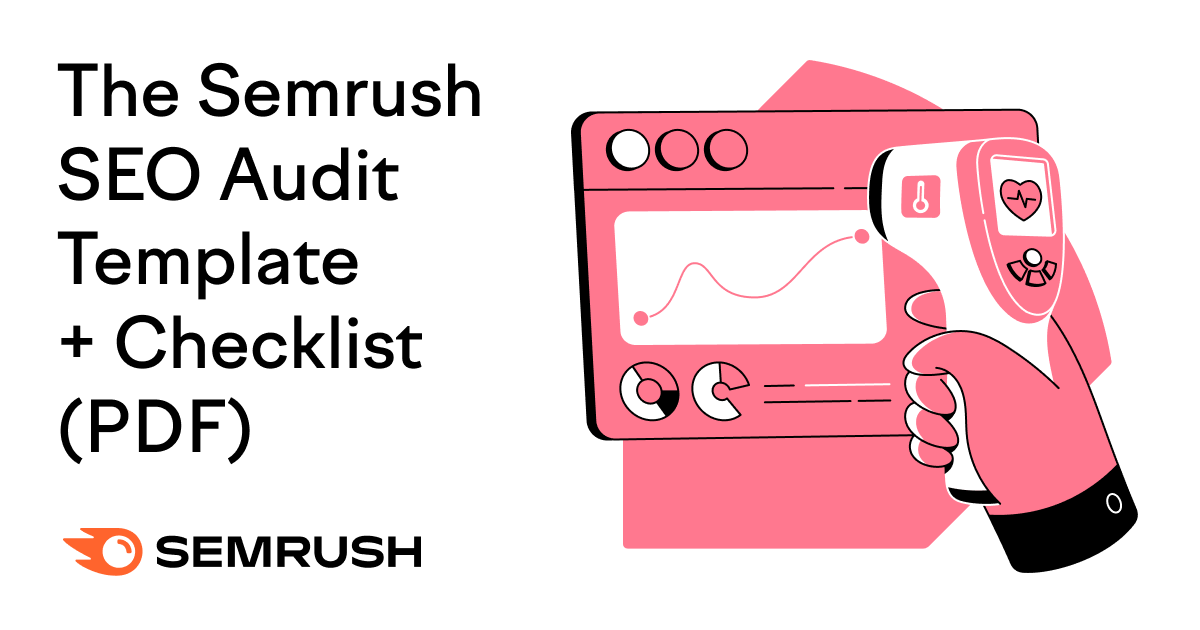
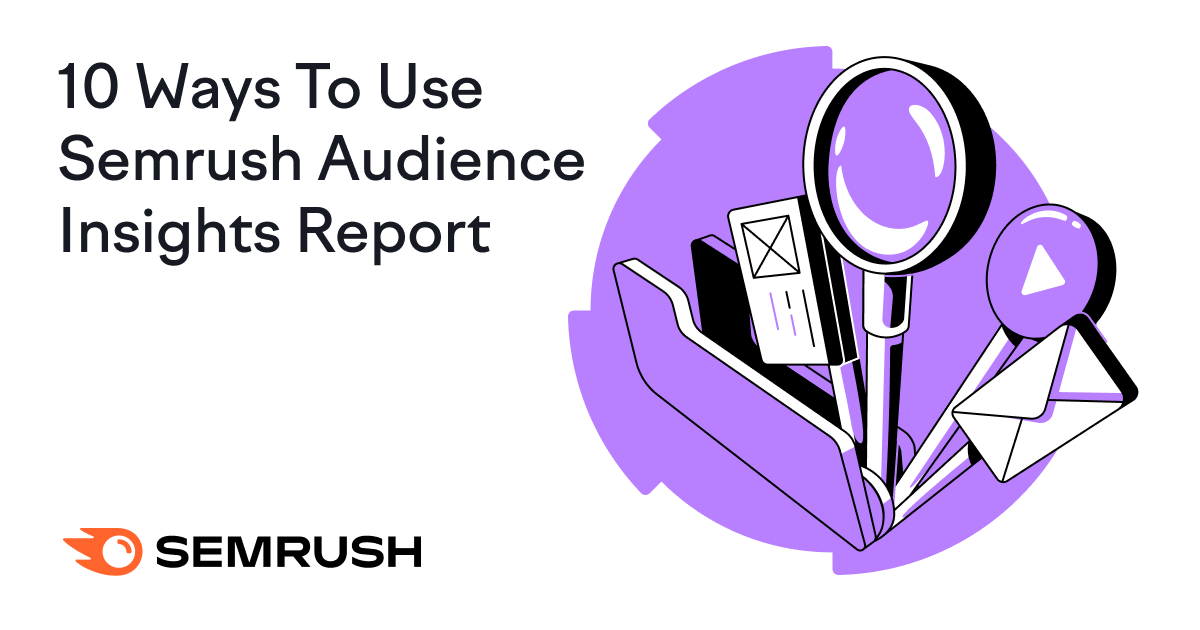
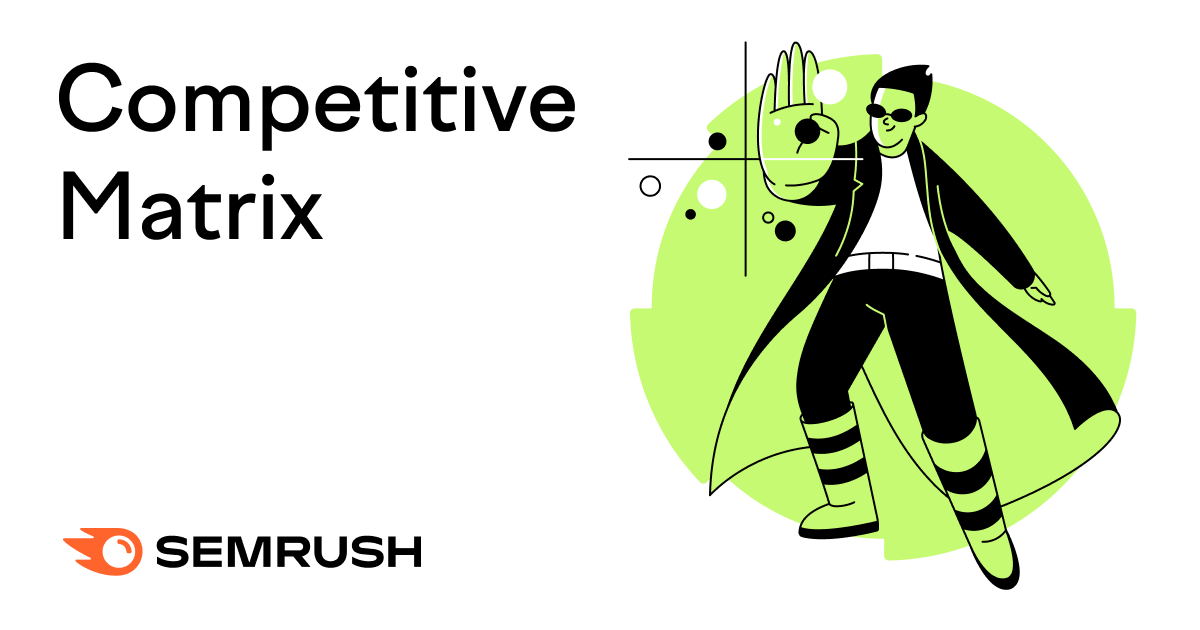
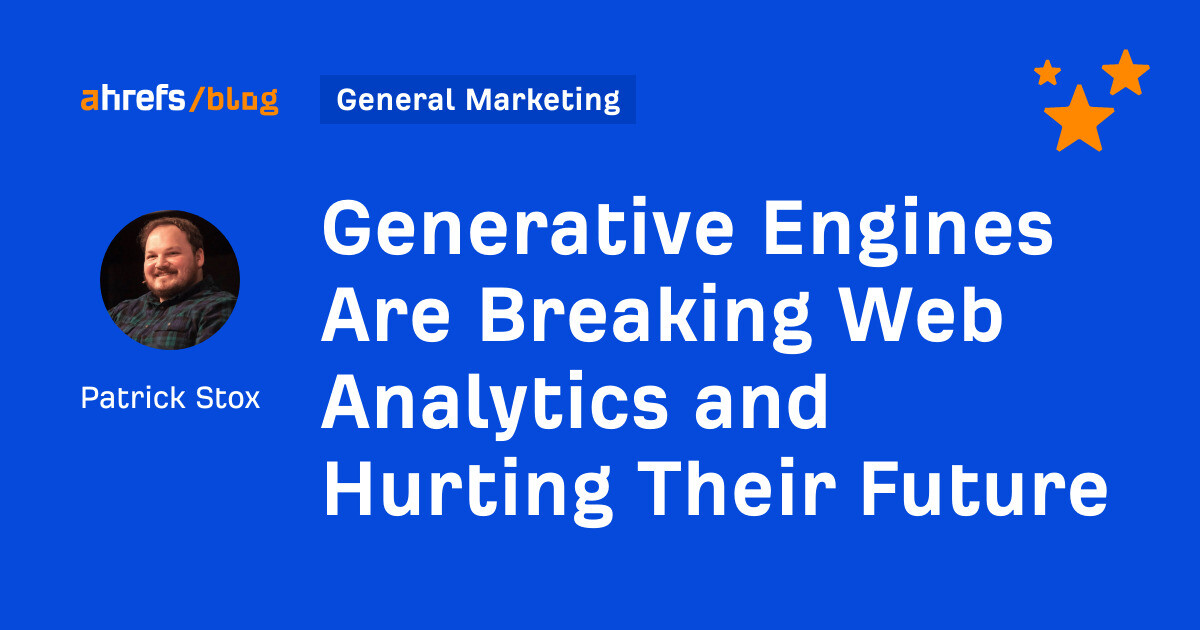
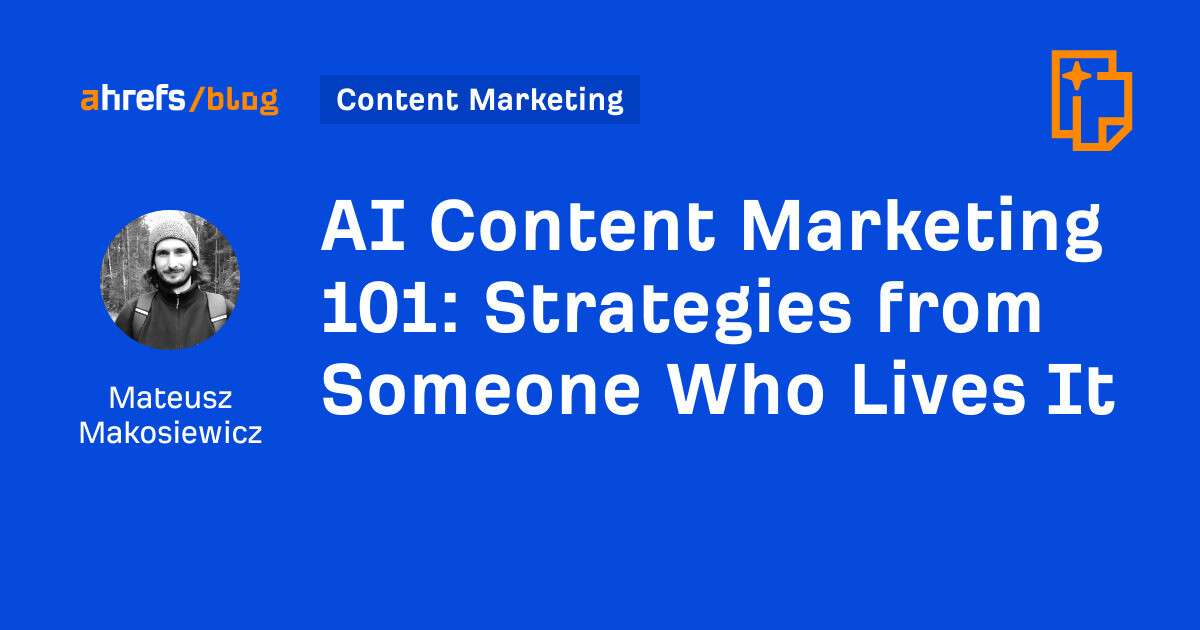
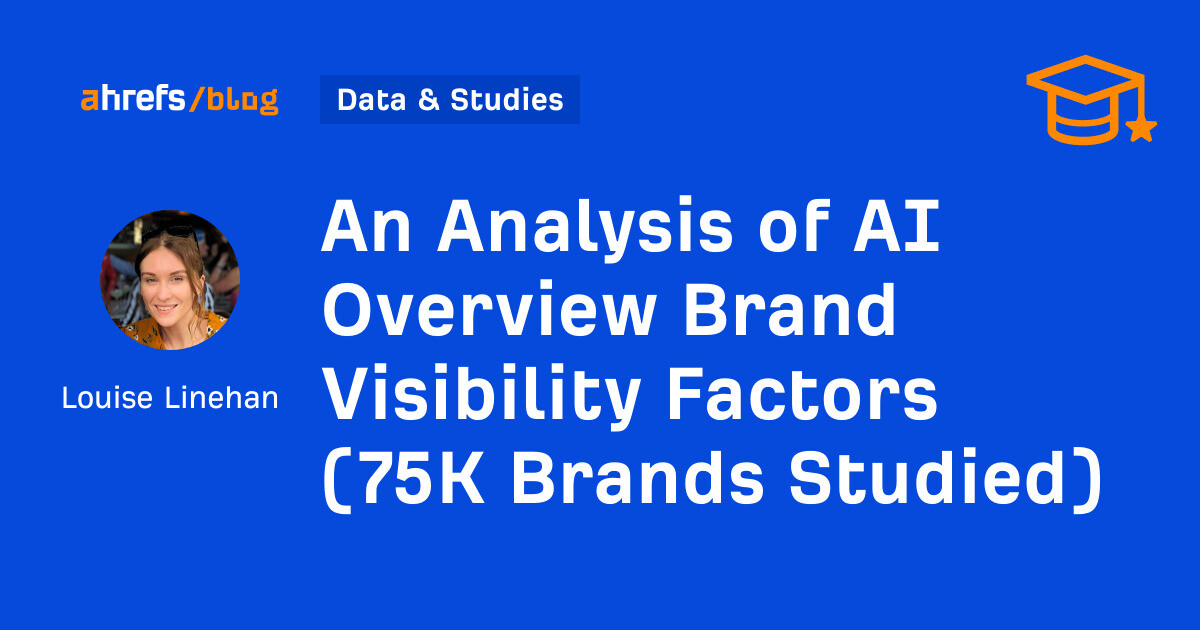


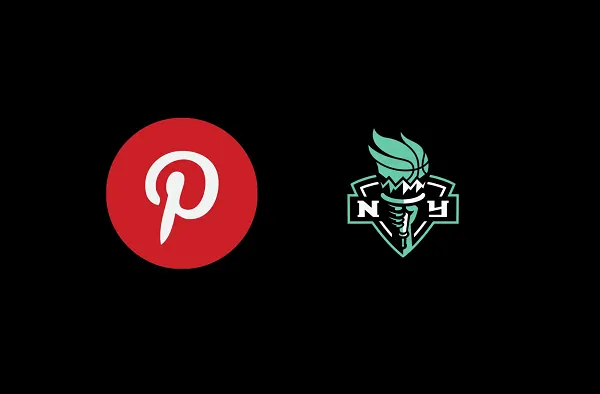

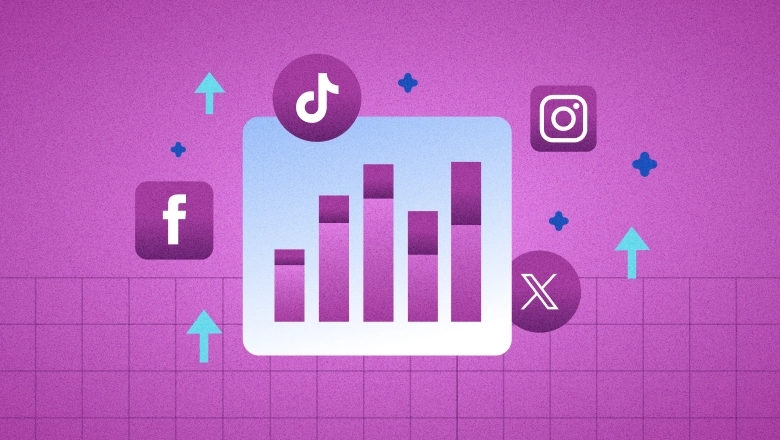

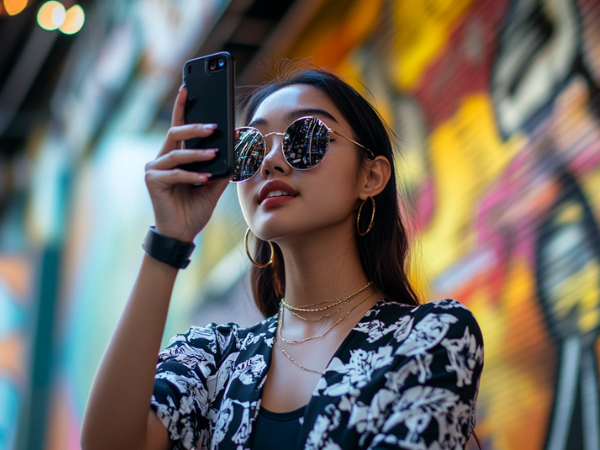
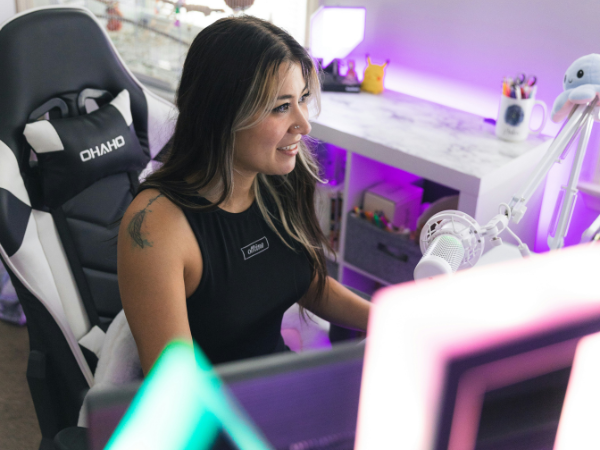









![How marketers are navigating a possible recession (and advice about what you should do during it) [new data]](https://www.hubspot.com/hubfs/image12-May-27-2025-02-18-19-8390-AM.png)


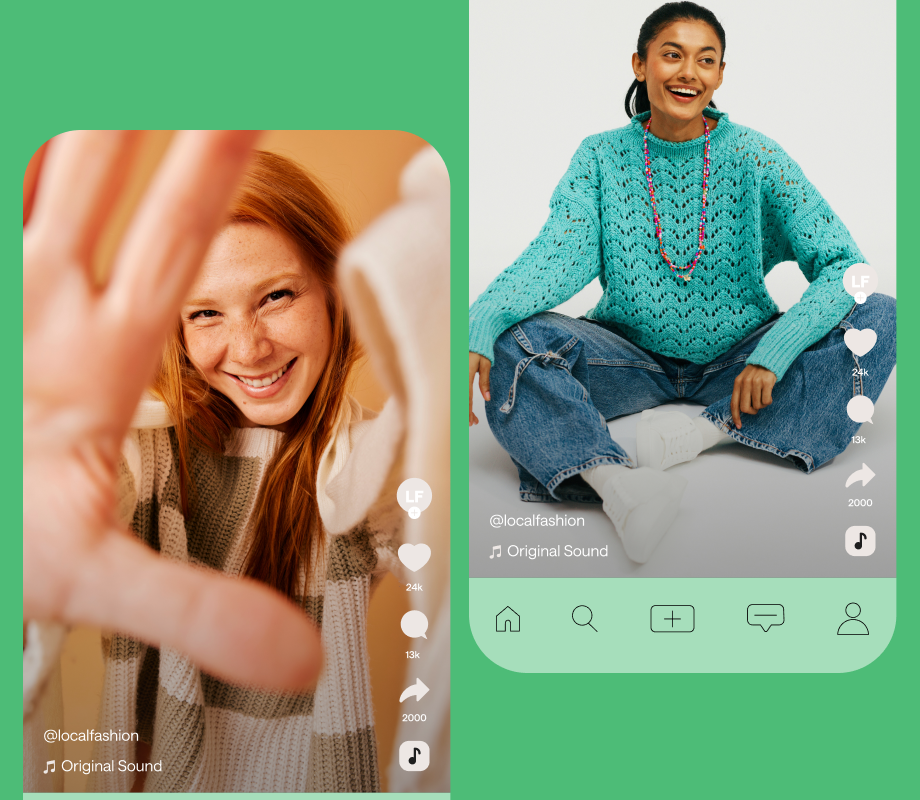


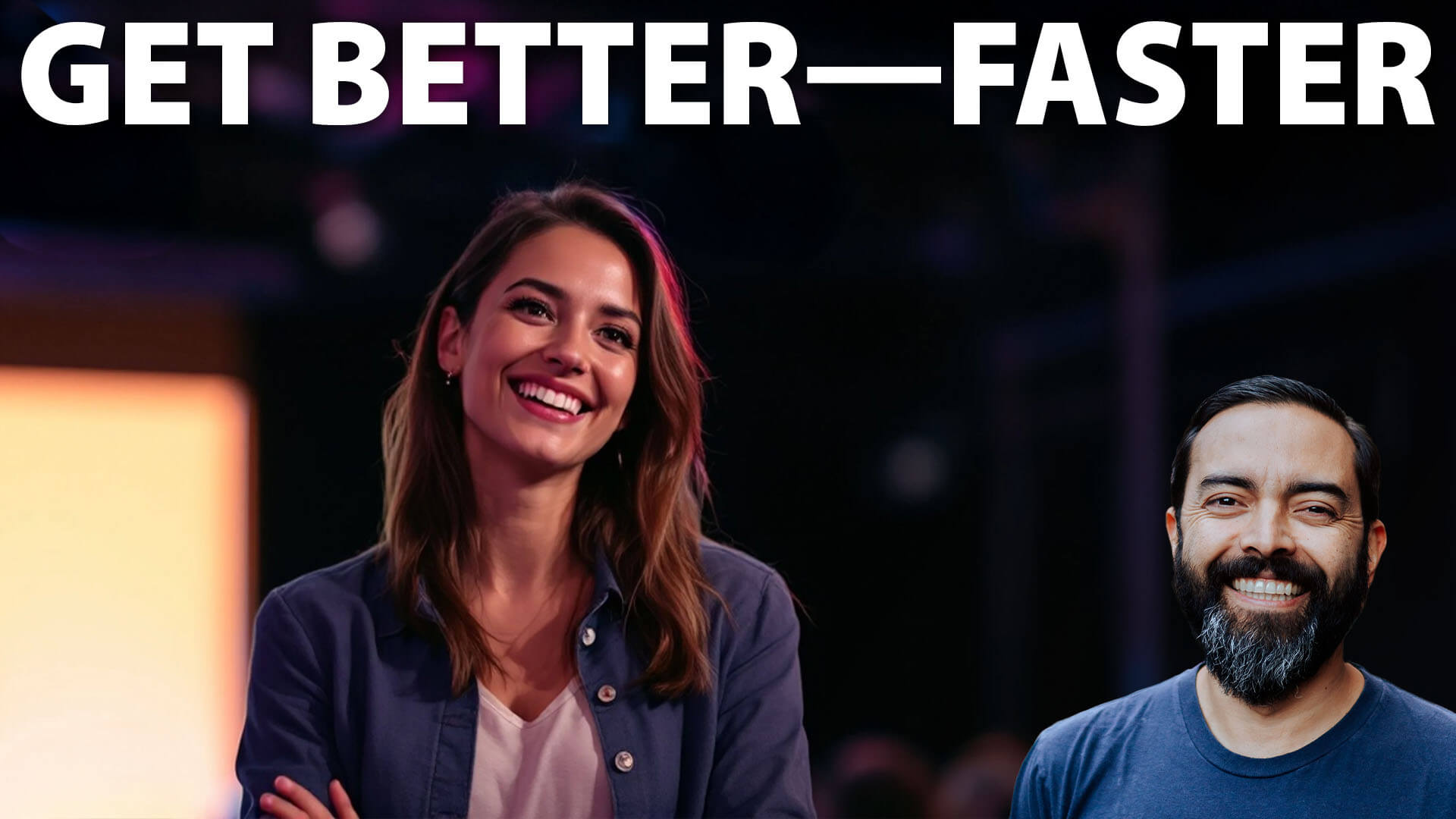

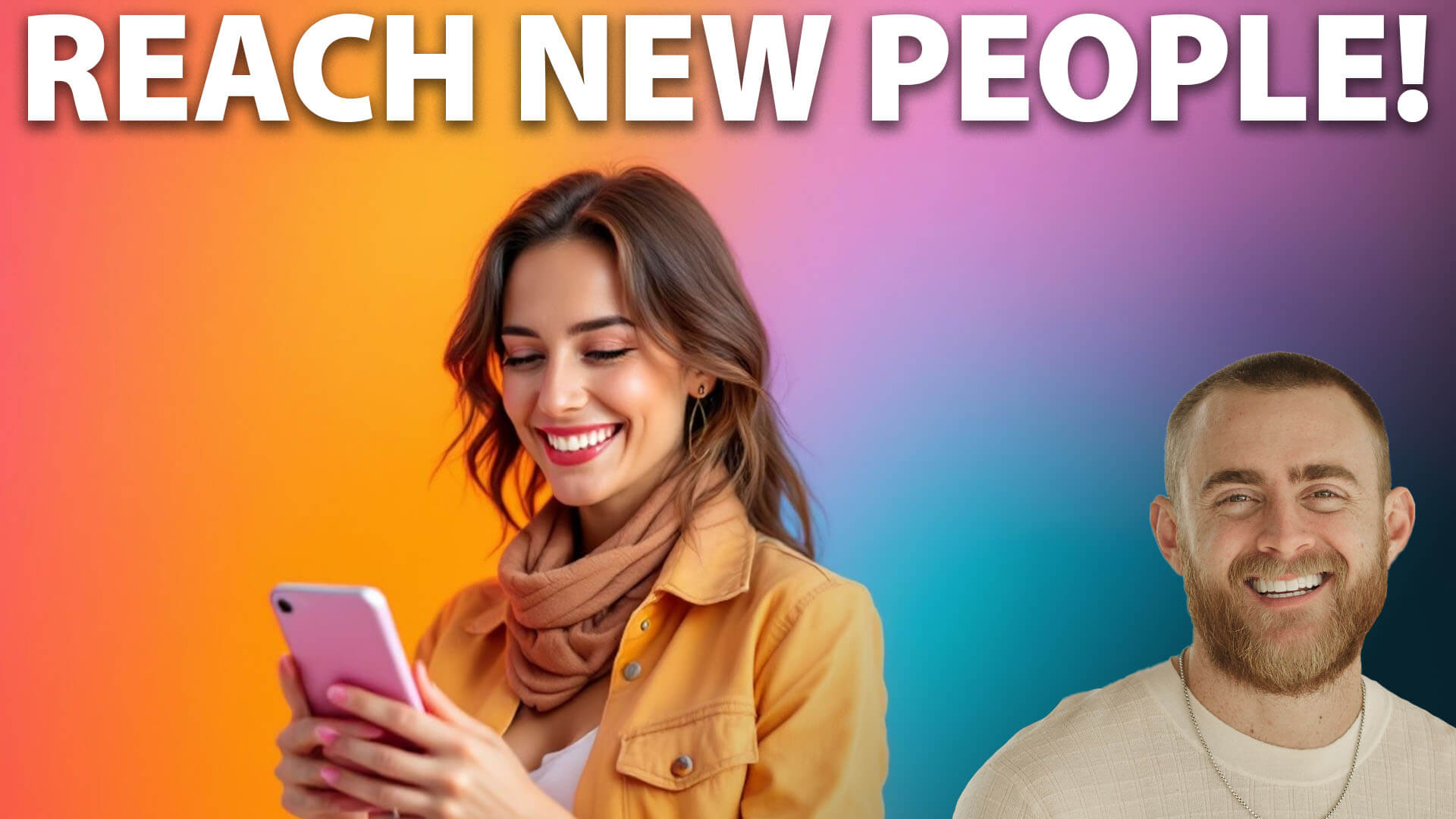




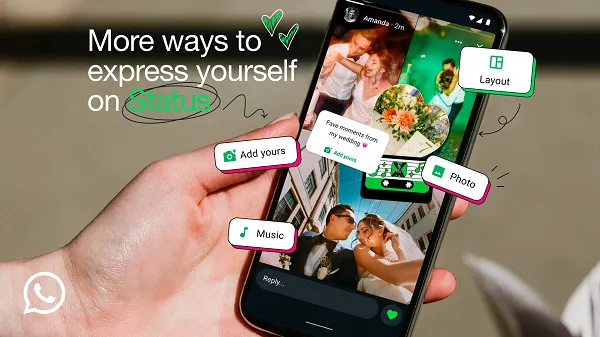

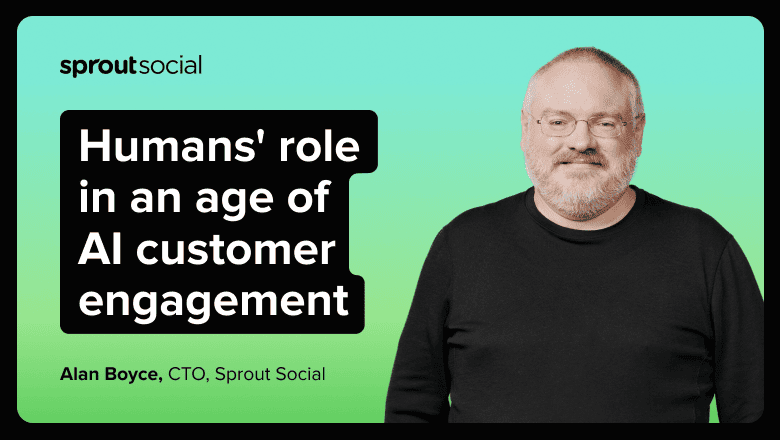

![Download Now: The 2025 State of Social Media Trends [Free Report]](https://no-cache.hubspot.com/cta/default/53/3dc1dfd9-2cb4-4498-8c57-19dbb5671820.png)


![How to create a landing page with high ROI [+ expert and data-backed tips]](https://www.hubspot.com/hubfs/Untitled%20design%20%2847%29.jpg)
